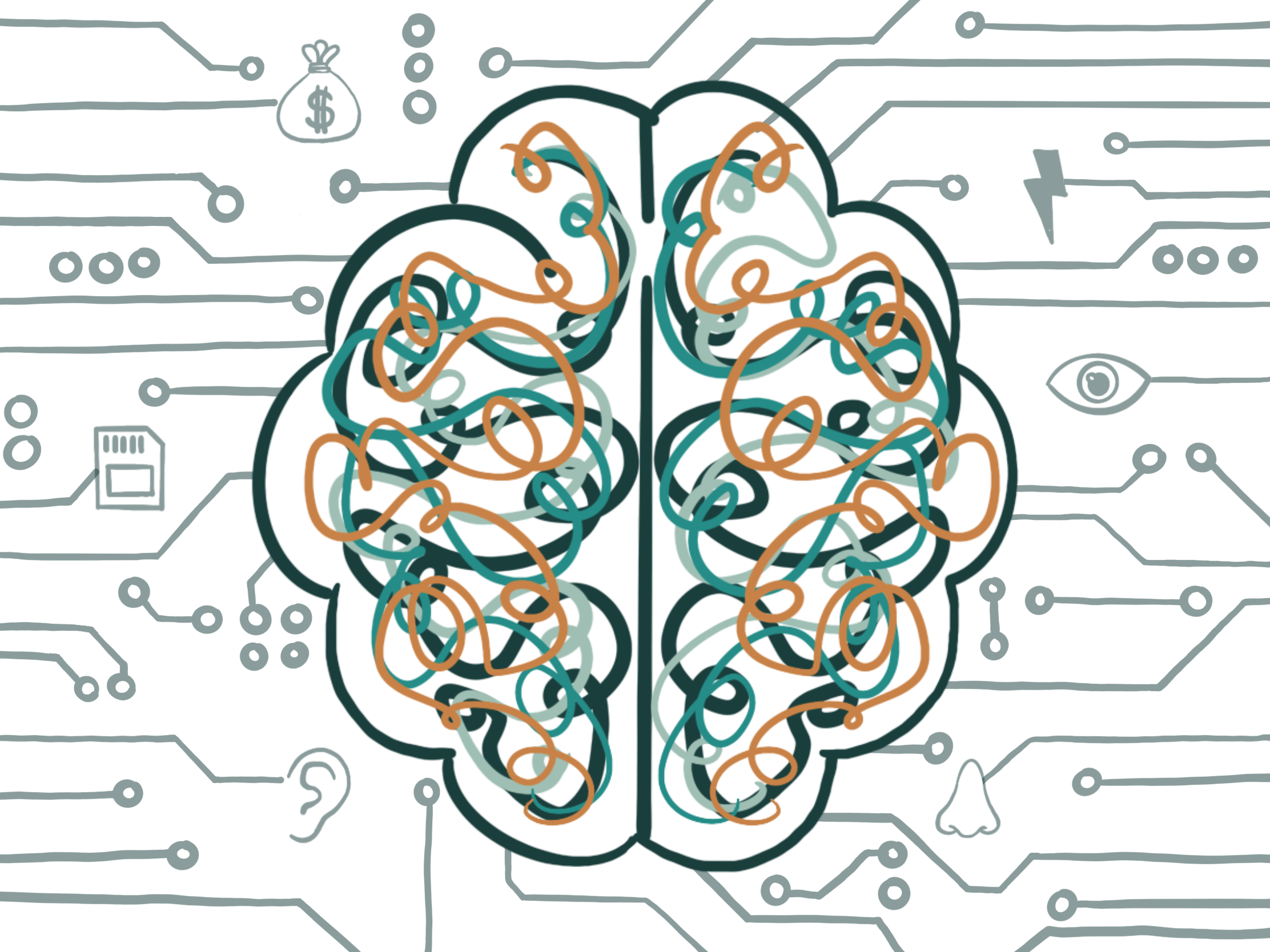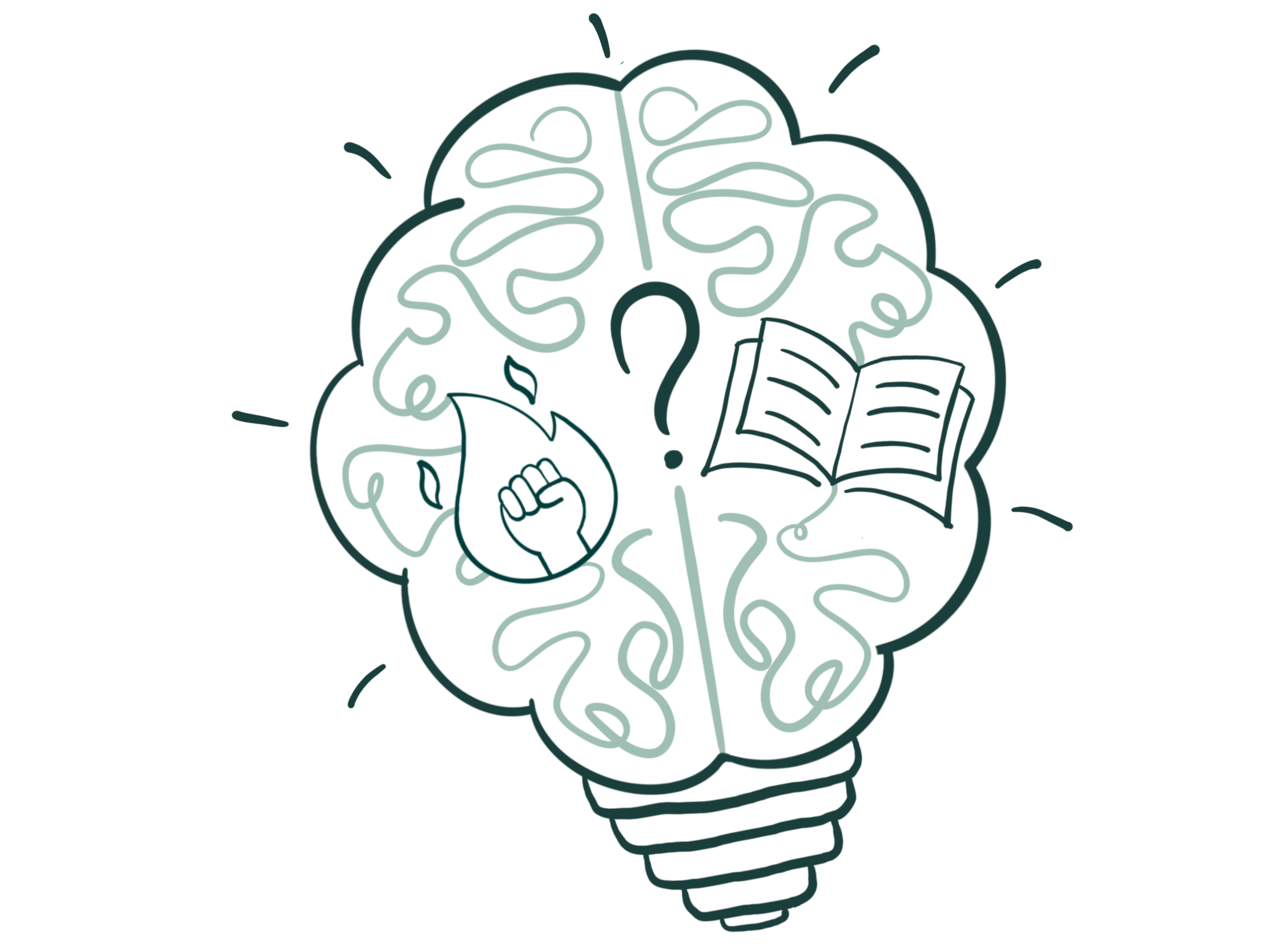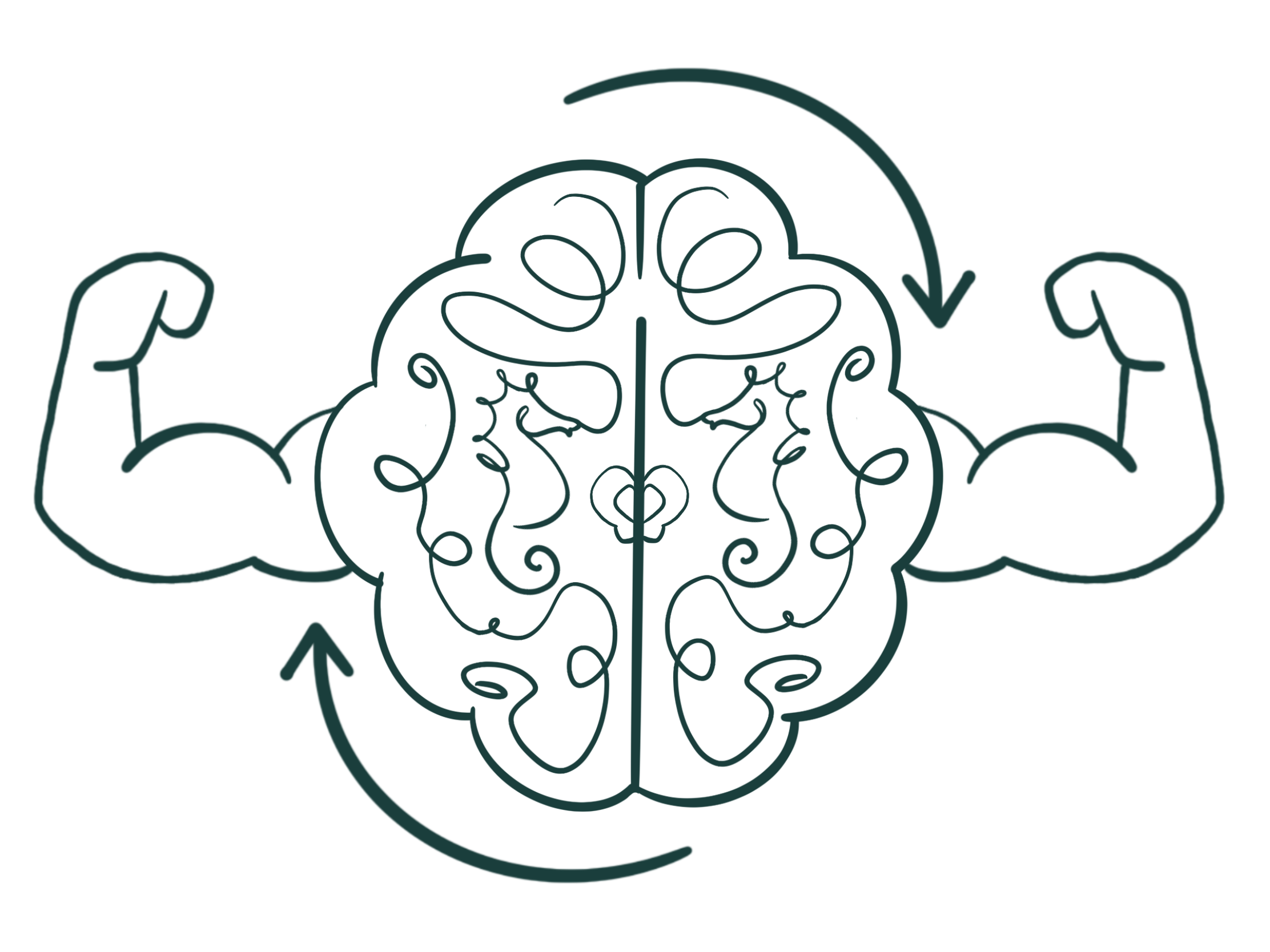Projects
Brain states and information processing

- Spontaneous fluctuations in brain states - associated with shifts in local and network activity patterns - can determine how information is processed and subsequently propagated to other brain regions. These fluctuations may reflect intrinsic variation in internal states (e.g. vigilance, arousal, emotional state, motivational state), as well as changes associated with alterations in brain anatomy (e.g. across the lifespan, aging, neurodegeneration).
- Our work has demonstrated the contributions of brain activity stability and neuromodulation to memory formation. Currently, we are examining how different motivations (e.g reward approach, punishment avoidance) relate to distinct brain states, shaping subsequent information-seeking behaviours and memory formation.
Motivation, curiosity, and learning

- Our learning is often influenced by our motivational states. For example, we might be motivated to read a Neuroscience textbook in preparation of an exam, or simply because we are curious about the topic. These distinct motivational states that accompany our learning experiences can influence what we eventually learn.
- Our work has shown that intrinsic motivation associated with curiosity can enhance memory formation, as well as increase one’s willingness to engage with the learning process. In our lab, we will examine how curiosity may be fostered to support self-directed learning. We will also examine how different ‘forms’ of curiosity can shape information-seeking behaviours to impact learning outcomes.
Enhancing human cognition with neurofeedback

- We regularly try to control our cognitive states, such as hyping ourselves up to go for a run or calming ourselves down after a major presentation. Individuals often employ a diverse range of strategies to regulate cognitive states, but with varying degrees of success. Neurofeedback, a process by which individuals receive real-time readouts of their brain activity as they explore personally-relevant strategies, is a tool to that could support them in acquiring cognitive state regulation.
- Prior work has shown that humans can develop the remarkable ability to regulate activity across different brain regions, including deep brain structures implicated in motivation and learning. In ongoing work, we will examine if real-time fMRI neurofeedback can support individuals’ regulation of cognitive states; as well as the consequential effects on learning and memory formation.
